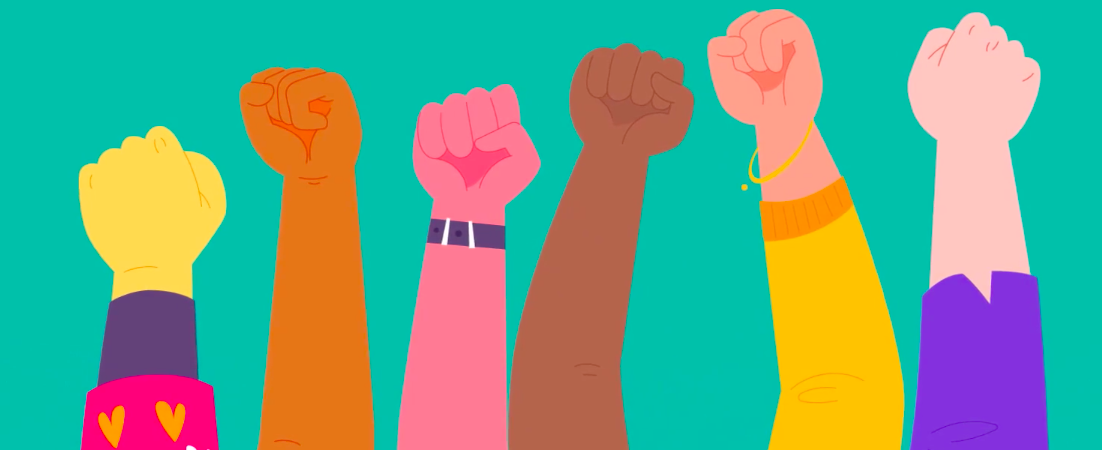Our commitment to adopting more inclusive language

GAGGA has always been deeply committed to uplifting the work of communities that are most invisible and historically excluded. Recently, the GAGGA program committee has been reflecting on how this commitment shows up in our communications and in the words we choose to describe the groups we support.
The truth is that language matters; the words we choose to use can often leave people out. During the first five years of GAGGA, we have referred to the communities we support as “women and girls” and sometimes “women and girls in all their diversity.” One big question that has come up: are we making the groups we work with, and especially non-binary gender identities, invisible by using this umbrella term?
This is why we have decided to adjust our language to acknowledge and respect the diversity of gender identities that are not confined by the gender binary. We will explicitly name girls, women, and trans, intersex and non-binary people in our communications as well as rural, Indigenous, Black and Afro-descendent communities and youth in general — whether in our reports or during our events. By naming our partners’ identities and making them visible, we hope they feel included and represented in GAGGA’s collective work and vision. We also acknowledge that this decision creates greater awareness among funders about the breadth of activist communities that need support.
Do you have any tips or lessons to share on how we can make our language even more inclusive? We welcome them! As this is a learning process for all of us, we invite you to reach out with any thoughts or similar experiences as we continue to uplift the work of groups of all gender identities.



